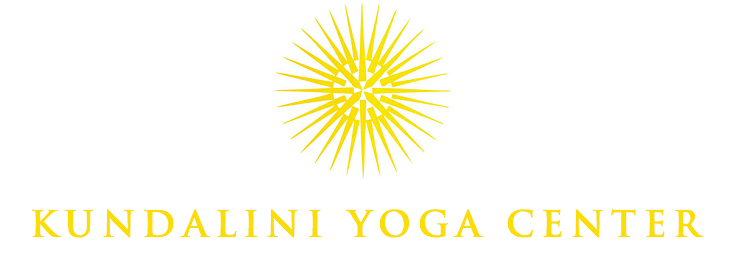Where You Bow
I love to teach. I am conscientious and pretty good at it. It is also important to me to be humble, transparent and vulnerable. In theory I don’t want to be on a pedestal. In practice, I could get used to it.
If I lead a course that runs 8 to 6, I expect the students to be present and alert for the whole day. Ideally, I expect no less of myself and the training team. On the other hand, I really appreciate a chance to sneak away to rest or prepare. The training team and students seem to accept this. When I travel to teach, my hosts take special care of my food and accommodations. It certainly helps offset the rigors of travel and adjustment to different time zones, altitudes, etc. But is this why they do it? Or is it special treatment because I am somehow special and deserve it more than others? This worries me and makes me feel a little guilty.
Dacher Keltner of UC Berkeley says that “Power and status imbue almost every facet of social interaction…” He theorizes that “elevated power leads to behavioral disinhibition and reduced vigilance…that ideological partisans with power construe their dispute in more stereotypical, polarized fashion, that elevated social status leads to disinhibited social behavior, and that power, whether derived from group status or experimental manipulation, relates to the experience of increased positive emotion and reduced negative emotion.”
This could put me on a slippery moral slope as I gain more power through education, accomplishment and wealth. I think about how I can compensate or counteract this effect. It leads me back to the teaching that I need to know where I bow, to have a place to bow. In the spiritual world I may bow to something capitalized (Divine, Higher Self). Perhaps it could also be a value system or political ideals. But I want a place to bow. Otherwise, if Keltner is right, abuse is not the behavior of bad, bad people, but of normal people with extraordinary power.
